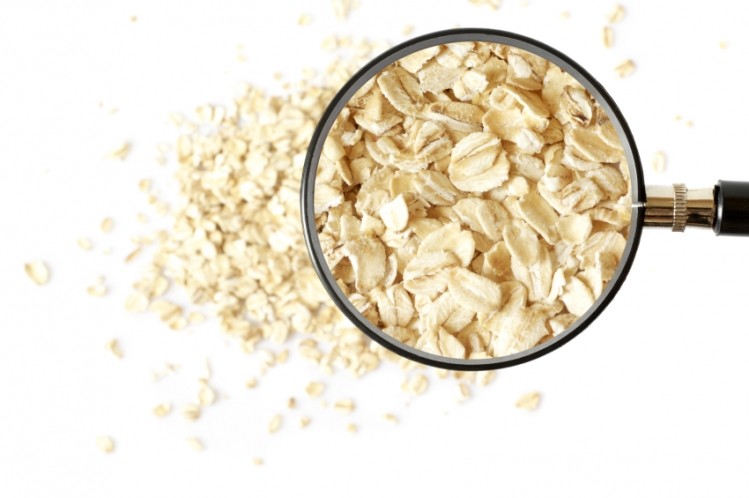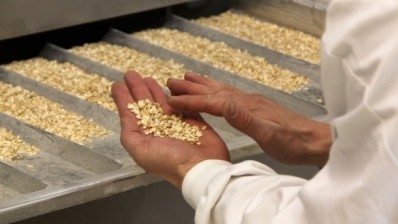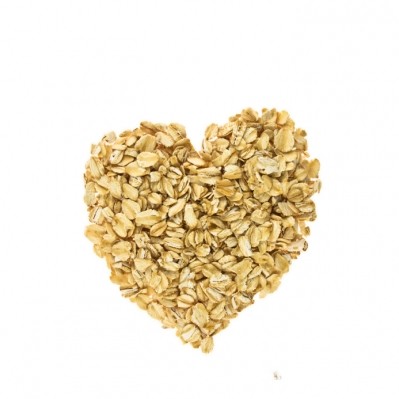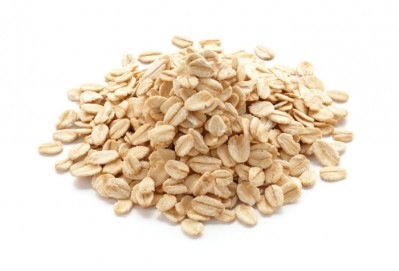Canadian research finds oat beta-glucan exhibits a lowering effect on all bad cholesterol

Researchers at St Michael’s Hospital in Toronto and the University of Toronto carried out a review of more than 50 studies investigating the cholesterol-lowering potential of oat beta-glucan on LDL-cholesterol, non-HDL-cholesterol and apoB.
Oats are a rich source of beta-glucan, a fibre recognised for its cholesterol-lowering properties and associated reduced risks of cardiovascular disease (CVD). Unlike LDL-cholesterol, there is little understanding currently of the relationship between oat beta-glucan and non-HDL-cholesterol and apoB, according to the report.
However, the review, published in the British Journal of Nutrition, concluded that all three exhibited cholesterol-lowering properties. “Pooled analyses showed that oat beta-glucan has a lowering effect on LDL-cholesterol, non-HDL-cholesterol and apoB,” the researchers wrote.
Supplementation
John L. Sievenpiper and his team, examined 58 studies, of which 56 reported data on LDL-cholesterol and 17 on apoB. While it was just the one that featured data on non-HDL-cholesterol, 56 others included enough to calculate non-HDL-cholesterol.
They added that the results were; “indicative that the cholesterol-lowering benefits can be achieved by supplementing oat beta-glucan into commonly consumed foods”.
In conclusion, the systematic review and meta-analysis claims to support the dose-dependent intake of oat beta-glucan for the reduction of LDL-cholesterol, non-HDL-cholesterol and apoB in middle-aged participants.
Reduced CVD risk
The researchers added that their conclusion also supports the use of non-HDL-cholesterol and apoB as alternative targets for CVD reduction.
“Furthermore, both non-HDL-cholesterol and apoB have been shown to be highly correlated with CVD risk, especially when LDL-cholesterol appears to be within the normal range,” the review concluded.
Source:British Journal of Nutrition, First View (2016)
DOI: http://www.dx.doi.org/10.1017/S000711451600341X‘The effect of oat β-glucan on LDL-cholesterol, non-HDL-cholesterol and apoB for CVD risk reduction’
Authors: Hoang V. T. Ho, John L. Sievenpiper, Andreea Zurbau, Sonia Blanco Mejia, Elena Jovanovski, Fei Au-Yeung, Alexandra L. Jenkins, Vladimir Vuksan















